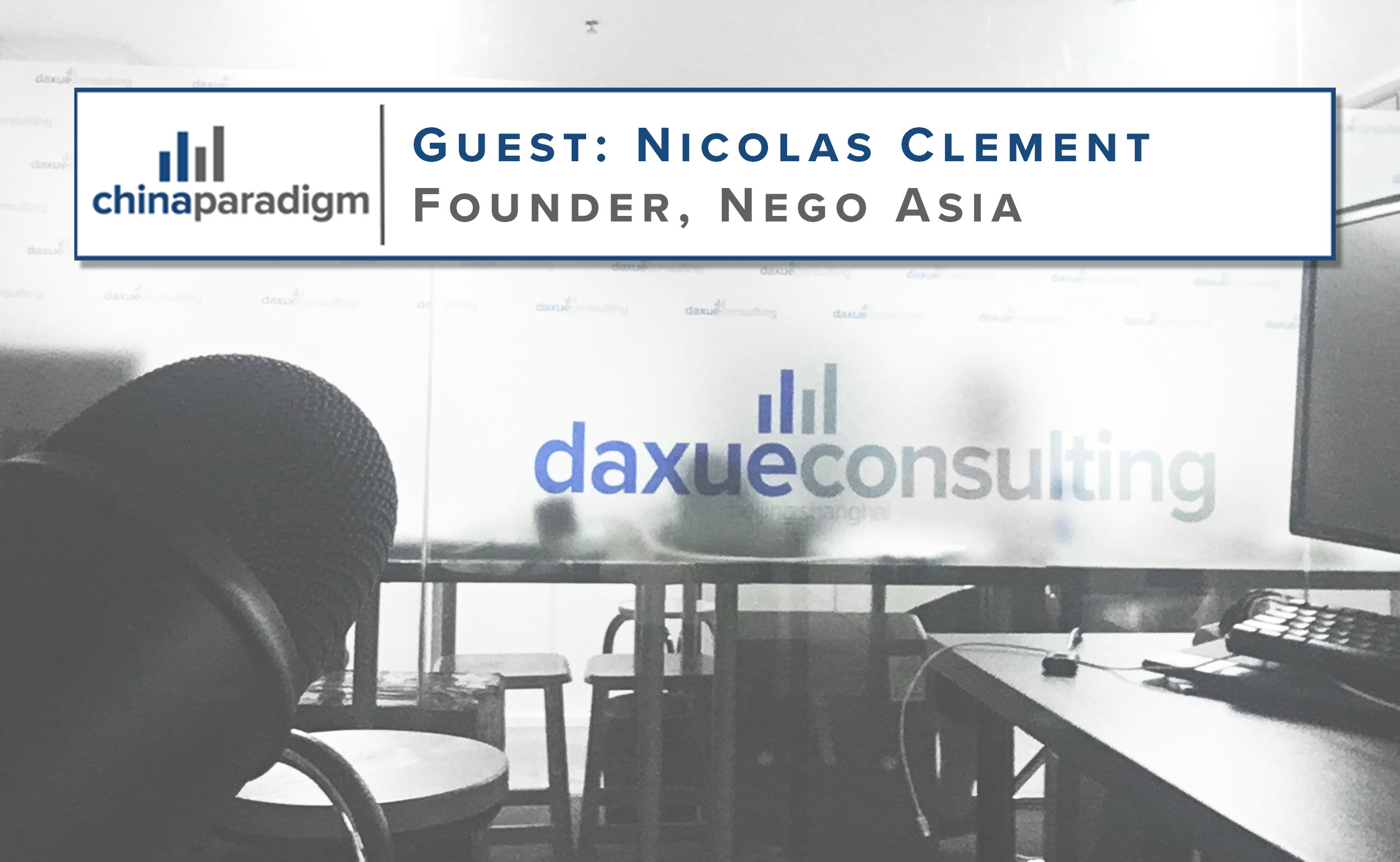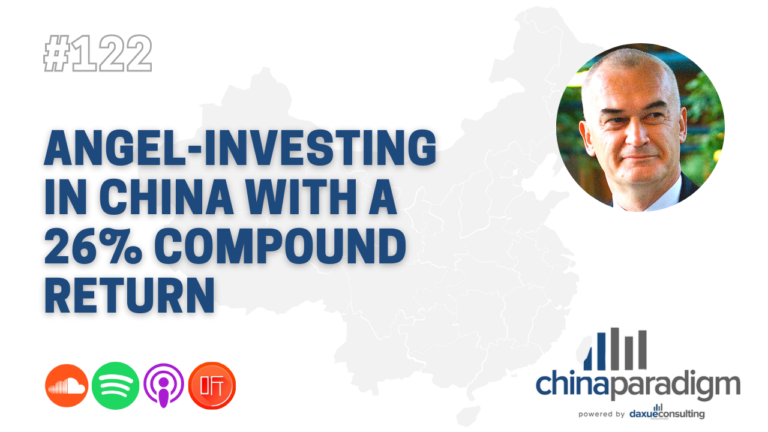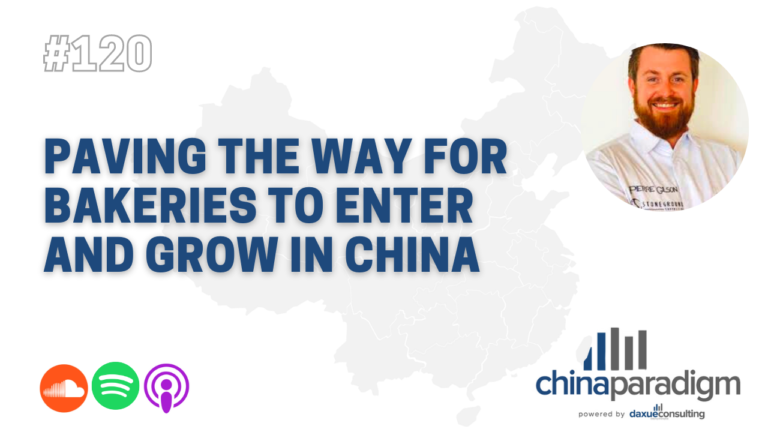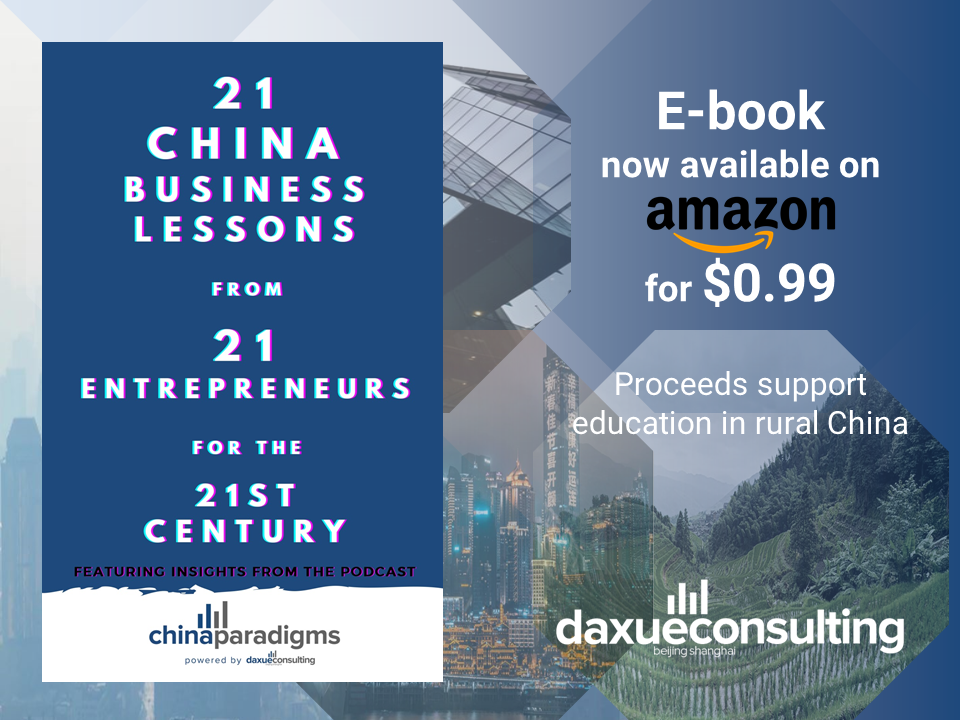China Paradigm interviewed Nicolas Clement, the founder of Nego Asia, the Chinese distributor of one of the global leading sales performance consultancies, Halifax Consulting, to learn the essential skills to successfully negotiate with Chinese business and secure investment in China.
Nicolas Clement, the founder of Nego Asia, China representative of Halifax Consulting, a professional negotiator
Born and raised in Paris, France, Nicolas Clement completed his MBA degree in ESSEC Business School in 1985. After graduation, he had taken the role of consultant and negotiator at several banks and real estates in Paris, including CBRE, Société Générale, etc. In 2002, Nicolas joined Cushman & Wakefield, a Chicago-based commercial real estate and was promoted to Global Corporate Services Director in Shanghai in 2015.
After moving to China, Nicolas started to develop his skills to negotiate with Chinese business and obtained a professional certificate in Strategic Decisions & Risk Management from Stanford University in 2017. With his expert knowledge, Nicolas began to help foreign companies, like ADEN Facilities and Realys Construction, negotiate with Chinese investors. As an experienced negotiator, Nicolas founded Nego Asia in 2017, the Chinese agency of Halifax Consulting, to help businesses maximize their profits and secure investment in China.

Nicolas is also one of the board members of the French Chamber of Commerce and Industry in China, a non-profit organization that helps French companies succeed in China.
Nego Asia: negotiating with Chinese business in the 21st century
With 12 years in China and over 30-years experience of negotiating with Chinese business, Nicolas Clement and his team at Nego Asia have trained over 400 entrepreneurs in China, half of which are Chinese. He belives that negotiation is an essential skill for every individual and company to obtain on the way towards long-term success.
“Negotiation with Chinese business is a central topic for everybody as it has been raised for many years by a lot of ancient philosophers of negotiation,” said Nicolas at the start of the interview.
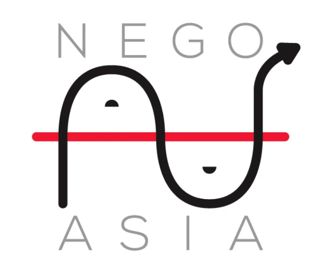
Founded in 2017, Nego Asia is the Chinese distributor of Halifax Consulting that helps companies develop essential skills to successfully negotiate with Chinese business and make deals with venture capitals in China. It primarily provides training workshops for both businesses and individuals with formats tailored to the demands of customers.
When being asked of his own definition of negotiation with Chinese business, Nicolas answered, “Everyone has his or her own needs. The role of negotiation with Chinese business is to find ways to transform individual preferences into one collective preference, which is the ultimate outcome of the agreement.”
The future of negotiation with Chinese investors: Negotiation 4.0
In 2008, Nicolas joined Camp Negotiation Systems and was coached by the founder Jim Camp, a leading authority of the science of negotiation with Chinese business. This was the very beginning of Nicolas’ career as a professional negotiator with Chinese investors.
In order to better serve his clients, Nicolas upgraded the unique model of negotiating with Chinese business prompted by his life coach Jim Camp, the Negotiation 3.0 to Negotiation 4.0.
“The world needs Negotiation 4.0, which means the co-construction of a better future with respect, conversations, and emotional interactions between real people,” introduced by Nicolas.
According to Nicolas, this model is also integrated with a lot of methods raised by ancient philosophers of negotiation. For example, Nicolas mentioned Sun Tsu, a well-known Chinese philosopher of negotiation, who believed that all great warriors started by making themselves invincible instead of waiting for the enemy to be vulnerable.
“At the beginning of the negotiation with Chinese investors, preparation is more important than winning over the adversary,” explained Nicolas. To understand what needs to be done before negotiating with Chinese business, listen to the full episode here.
How to successfully secure investment in China with negotiation
For overseas companies, the Chinese market is always a mystery, where everything needs to be adapted, including the ways to negotiate with Chinese business. To successfully secure investment in China, Nicolas believes that showing respect is the key to negotiate with Chinese investors.
“In China, face-saving is of paramount importance, more than in the U.S.,” Nicolas emphasized, “You have to show your respect of the rituals and have the interest to bring the outcomes that the other party is looking for.”
In terms of complying to the rules of the venture capitals in China, Nicolas gave his best advice to stay true to self while negotiating with Chinese investors, which is to position self as a guest.
“If you make an effort to learn a few Chinese sayings, which shows your interest in the culture of the venture capitals in China, it will make you a good and welcome guest,” said Nicolas.
Moreover, foreign companies need to be professionally prepared to secure investments in China by conducting comprehensive researches on what the venture capitals in China need. Nicolas emphasized the essentiality of neediness while negotiating with Chinese business by introducing the concept of BATNA, the best alternative to a negotiating agreement.
“A lot of negotiators from the venture capitals in China would exacerbate the fear of no deal to get the most,” said Nicolas.
In order to overcome this challenge, Nicolas advised that negotiators with Chinese investors should keep practicing their negotiation skills, because, according to him, “it’s a perfect practice that makes perfect.”
Listen to this episode here:

